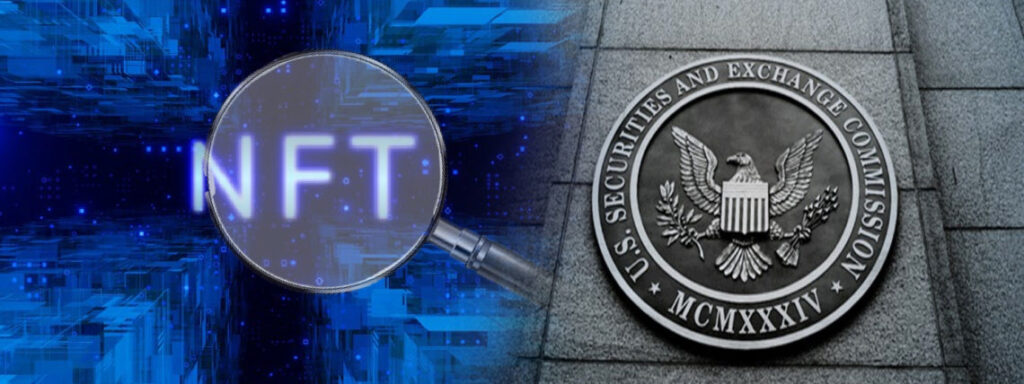
SEC alleges each uniquely generated “Stoner Cat” itself to be a “crypto asset security in the form of a non-fungible token.” Mechanics of the offering were similar to most popular PFP projects.
The fact that the NFTs were not CC0 (no rights reserved) was relevant to the security status analysis. The settlement order notes that the issuer reserved all commercial rights to the underlying intellectual property associated with each PFP.
Marketing and manner of sale are again key variables. Similar to many 2017 vintage ICOs, the issuer sold the tokens to raise funds to develop a project (an animated series) and advertised that the tokens would increase in value based on the project’s commercial success.
The issuer received a 2.5% royalty on secondary sales. Not high relative to many projects. But the SEC alleges that this incentivized the issuer to engage in post-sale efforts that would drive secondary trading. Many projects will now continue to move away from royalties.
Although the issuer framed the NFTs as consumptive goods, the issuer advertised the team’s credentials and expertise when marketing the NFTs and indicated that the NFTs could increase in value based on the team’s business success. This isn’t typical of baseball cards.
Tl;dr is that the SEC is looking at PFP offerings as akin to 2017 vintage ICOs. Same marketing mistakes can be deadly. The order also implies the NFTs themselves are “crypto asset securities” but states that the NFTs were “sold as” investment contracts. So are they securities?
Source : Mike Selig, crypto and finreg lawyer at Willkie Farr & Gallagher LLP is an international law firm with approximately 1,200 attorneys across our thirteen offices in the U.S. and Europe, prev CFTC legal advice
ESDX SOCIAL CHANNELS
Web site : www.esdx.io
Telegram : t.me/esdxland
NFT assets : Opensea ESDX account
Fundraising Platform : Buy ESDX LTD shares here
RELATED ARTICLES
